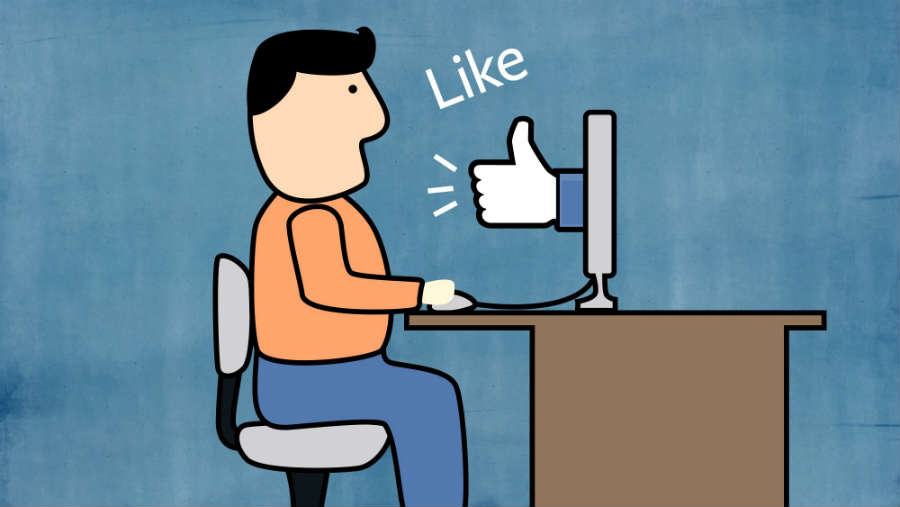In addition to family and friends who live with you every day, and this world would someone know you better than them? Of course.
Recently, Stanford University, University of Cambridge announced a joint survey data show that, compared to three million real social circle, the second element of the computer and artificial intelligence is actually more about you.
Whether it is personal preferences, habits or mood changes, these seemingly nothing but as a huge data network, always more accurate perception of you all, and sell it all, is what we usually most likely to ignore that. " praise. "
It is understood that the period from 2007 to 2011, researchers from the openness, accountability, extroversion, agreeableness and instability five directions, through the evaluation criteria 5 rating, summary and survey of the nation's 86,220 volunteer Online survey results, while researchers have been permitted to have direct access to relevant information on volunteer Facebook. The study found that Facebook users including articles, videos, audio and other content of the "point like" degree, and the user's own social attributes and personality there is a high degree of agreement.
"We first compared by computer matching 'point of praise' personal character data,"
To this end, a professor at Stanford University survey team leader Michal Kosinski cited an example, often like reading a novel and popular articles point to praise, he In terms of the character of open test scores are relatively high; "point like" content always appears in the draft class of user programs, higher test scores in the arts and literature classes; willing to "The Apprentice" type of program points compared to the praise of people for those who like Nikki • Mina (American rapper and singer-songwriter) who, in terms of individualism evaluation scores are higher, and the latter in terms of teamwork and collective organization scores have obvious advantages.
As humans through a person's family background, education, or the appearance of a stranger to the preliminary identification, the computer will pass these data to describe a natural person as a whole. In other words, through a specific algorithm, a "no emotion" machines than our families, friends, and even we have to understand our own. That is why, Professor Michal Kosinski that the future "with the emotional intelligence computer" appears it is not impossible. "Just as science fiction that 'she' like ', but he still believes that despite the" social skills "increasingly have replaced the human aspects of computer posture, but in order to explore the emotional aspects of personality as the main driving force, more "emotional" of human or machine than simply relying on algorithms have the advantage, however, Professor Michal Kosinski was a joke: "In the future more people will want to polygraph is not easy."
Let stranger than you know yourself, make it more difficult to lie, which in the end is a good thing or a bad thing children do? When intelligence and technology to penetrate into the emotional side of human society when, how would you treat?

No comments:
Post a Comment